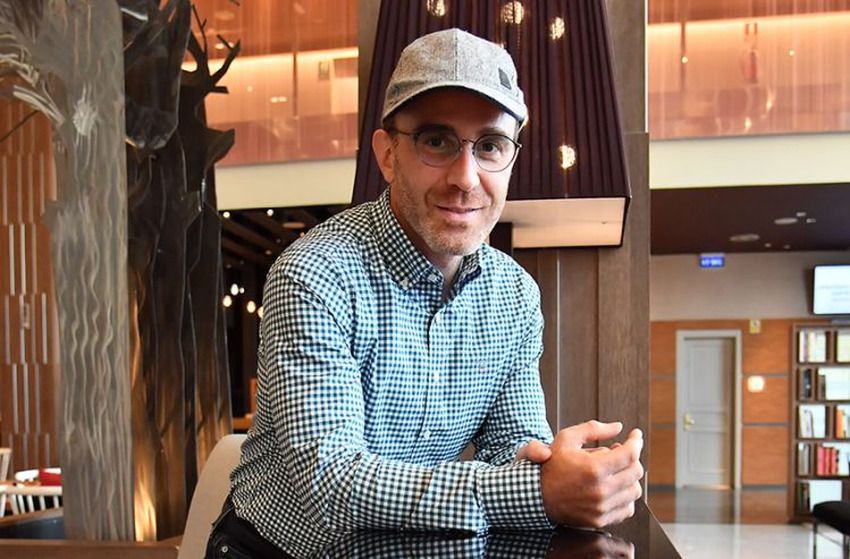Didier Toubia is cofounder and CEO at Israel-based cultivated meat startup Aleph Farms.
The views expressed in this article are the author’s own and do not necessarily represent those of AgFunderNews.
In the world of startups, the “minimum viable product” (MVP) approach, popularized by Eric Ries in The Lean Startup, has become almost sacred, especially in tech.
The concept is simple: release a basic version of a product, gather feedback, iterate quickly, and improve. For digital products, this lean model of constant iteration works brilliantly, allowing companies to update on the go and rapidly respond to user needs. However, in sectors that deal with tangible goods, complex supply chains, and high consumer standards, the MVP approach can have serious drawbacks.
While MVP has proven its value in software, it has often been applied blindly across other tech-intensive fields where the model doesn’t translate well. Foodtech, for instance, faces unique challenges in creating new products such as cultivated meat, fermentation-based alternatives, and plant-based options. Developing these requires intensive R&D, regulatory approvals, and often specialized equipment.
Unlike software, a food product cannot be “patched” once it hits shelves. Each iteration demands extensive testing for taste, texture, and safety, investment in supply chain and stocks, capital expenditure, translating into time-consuming and costly cycles.
The rapid rise of plant-based products in recent years highlights the challenges of this rushed approach. Driven by consumer demand for sustainable options and pressure from investors, many companies pushed products to market before they were fully refined. Some of these products underperformed in taste and texture, leading to consumer disappointment.
In food, a poor first impression can be a death sentence
In an emotional product such as food, a poor first impression can be a death sentence; once consumers have a negative experience, they’re unlikely to return, resulting in slowed adoption and lasting brand damage. Unlike software, food is a deeply personal experience for consumers, and food tech companies must focus on a strong product-market fit before launching.
This need for high quality applies beyond foodtech. In medical devices, products are subject to rigorous safety standards, and post-launch issues can lead to costly recalls and serious safety implications. Medical devices require a focus on foundational quality and precision, making an MVP approach impractical and even risky.
Similarly, in the electric vehicle (EV) industry, while car companies can now roll out software updates through over-the-air improvements, the core hardware—battery technology, safety features, and structural integrity—must be flawless upon release. Leading EV manufacturers have seen the pitfalls of releasing underdeveloped hardware too quickly, often leading to recalls and repair costs.
When a “right-first-time” philosophy is essential
In industries where physical goods, consumer expectations, and safety are key, a “right-first-time” philosophy is essential. Food tech, medical devices, and electric vehicles are just a few examples where a launch plan should involve a patient, quality-centered approach in order to lead to stronger brand loyalty and market acceptance.
Balancing comprehensive development and time to market may feel counterintuitive in the startup world, but in many instances, the long-term benefits of this approach outweigh the risks of a rushed MVP.
As tempting as it is to push an MVP in every industry, we must recognize that an MVP approach is not a “one-size fits all.” In fields beyond software, a more thorough development process is often the key to building lasting consumer trust and sustainable success.





